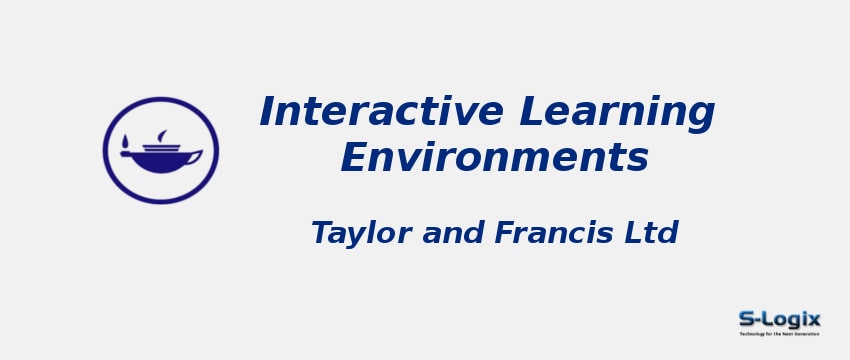Journal Home: Journal Homepage
Editor-in-Chief: Asher RospigliosiÂ
Print ISSN: 10494820
Electronic ISSN:
Abstracting and Indexing: SCOPUS, Sciences Citation Index Expanded
Imapct Factor 2024: 3.7
Subject Area and Category: Computer Science, Computer Science Applications, Social Sciences, Education , E-learning
Publication Frequency:
H Index: 80
Q1: Computer Science Applications
Q2:
Q3:
Q4:
Cite Score: 13.8
SNIP: 2.978
Journal Rank(SJR): 1.976
Latest Articles: Latest Articles in Interactive Learning Environments
Guidelines for Authors: Interactive Learning Environments Author Guidelines
Paper Submissions: Paper Submissions in Interactive Learning Environments
Publisher: Taylor and Francis Ltd.
Country: United Kingdom
